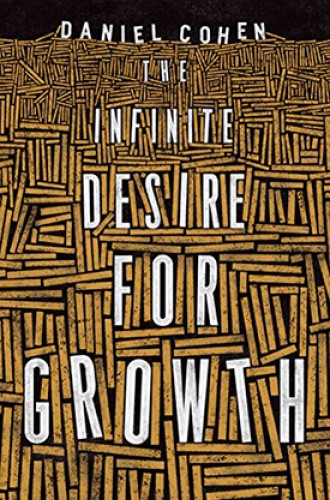An economist’s call for a politics of global solidarity
Daniel Cohen asks: When our culture of growth collapses, what will society look like?
We live in a time of unparalleled technological progress. (Just think about the supercomputer in your pocket.) And yet, over the past several decades, growth in per capita income has stagnated for many across the globe. Here lies a fundamental crisis of the modern era: when society has been organized around perpetual economic growth, how are we to navigate a future without it?
French economist Daniel Cohen tackles this existential question in The Infinite Desire for Growth, newly translated into English. Cohen expands his analysis beyond mere applications of neoclassical economic theory, incorporating insights from sociology, anthropology, and psychology to engage with the question of growth more broadly. He cites a wide variety of authors, from Nobel Prize–winning economists to Sigmund Freud to Aristotle and beyond. Indeed, many readers who would never pick up a book in the business and economics section will find this book engaging and thought-provoking.
Cohen’s overall argument is divided into three largely independent points. First, he expends considerable energy situating our contemporary understanding of economic growth within the long arc of human history. In the grand scheme of things, the concept of growth as increasing individual purchasing power is a very recent development. Second, Cohen pivots to current economic scholarship to argue that growth, if defined in this way, is doomed to stagnate. Rather than being a path to prosperity, advances in technology and automation are (counterintuitively) the forces that will ultimately halt the rise in per capita GDP.





